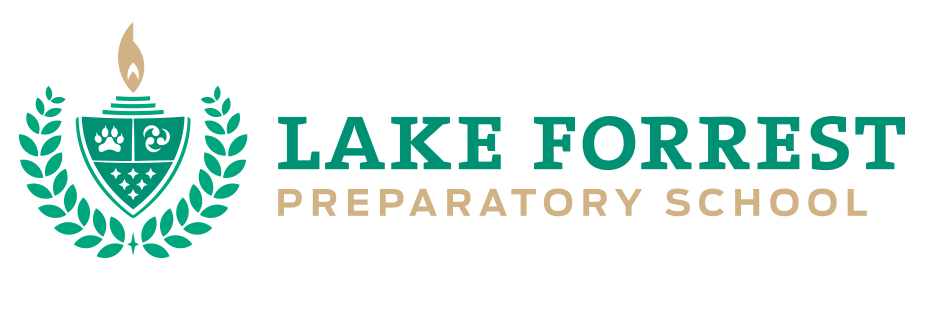Like a tourist peering through the glass at an aquarium and immediately recognizing each plant’s and animal’s lifestyle and habits, many people take swift glimpses into an Orange County private school classroom and believe they understand the intricate inner workings of a school system. Below are three myths that do not hold up to research, may prove destructive to a student’s education, undermine a teacher’s classroom management skills, and cause school administrators to jump through proverbial hoops. The excerpts below are taken from a book recently written by educational researchers David Berliner and Gene Glass.
Myth 1: Teachers are the most important influence on a child’s education.
Of course a teacher’s role in a child’s life is significant, but the brunt of learning is not done inside the walls of a classroom, but outside, exploring the world. With parents teaching their youngsters to walk, talk, play, and ride a bike, research indicates that less than 30% of a child’s academic success is directly attributed to Orange County private schools and teachers. Other factors heavily influencing a child’s education include socioeconomic status, physical health, and the psychological quality of the child’s home environment.
Myth 2: Class size doesn’t matter.
An average high school instructor will teach an excess of 100 students per day. The instructor may or may not know every student by name or aptitude. Several students may simply fall through the cracks, never to regain their educational footing. In classes where the teacher-to-student ratio is decreased, students are given more individualized attention and are more apt to personally know their teacher, ask questions, and learn the subject. Given a choice, many families choose school districts or private schools where class size is reduced. Smaller class sizes and higher rates of graduation seem to have a strong correlation.
Myth 3: A successful program works everywhere.
Ask any teacher if all his or her students are exactly the same and the answer will always be an emphatic “No.” If students differ–and they certainly do–the method utilized to teach them must also be unique. Programs must fit the specific requirements of a community, school, classroom, and student. Local needs assessments along with a thorough examination of the successful program in question need to highlight the adoption of a program, not how well it worked elsewhere.
At Lake Forrest Preparatory School, our educational philosophies encourage individualized learning plans for each student and an enriching educational curriculum. We strive to break through all the teaching myths about Orange County private schools and offer your child the ultimate education so he or she can reach full potential. Share this post to help educate your peers of the myths associate with education.

